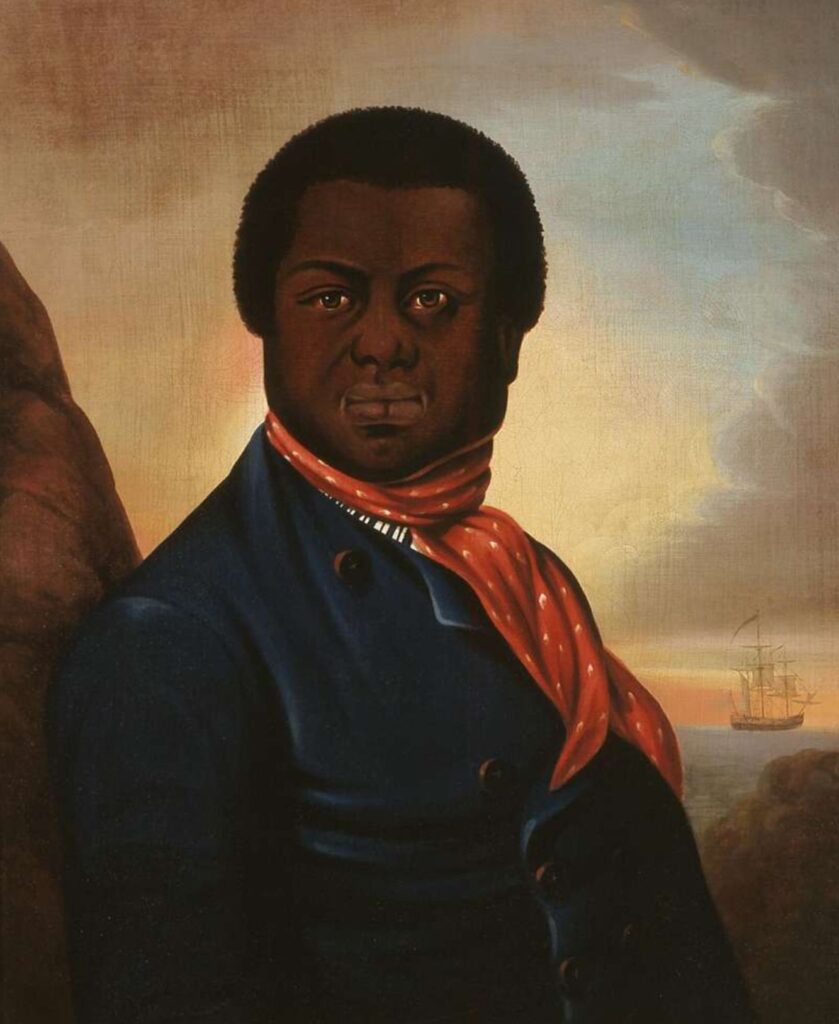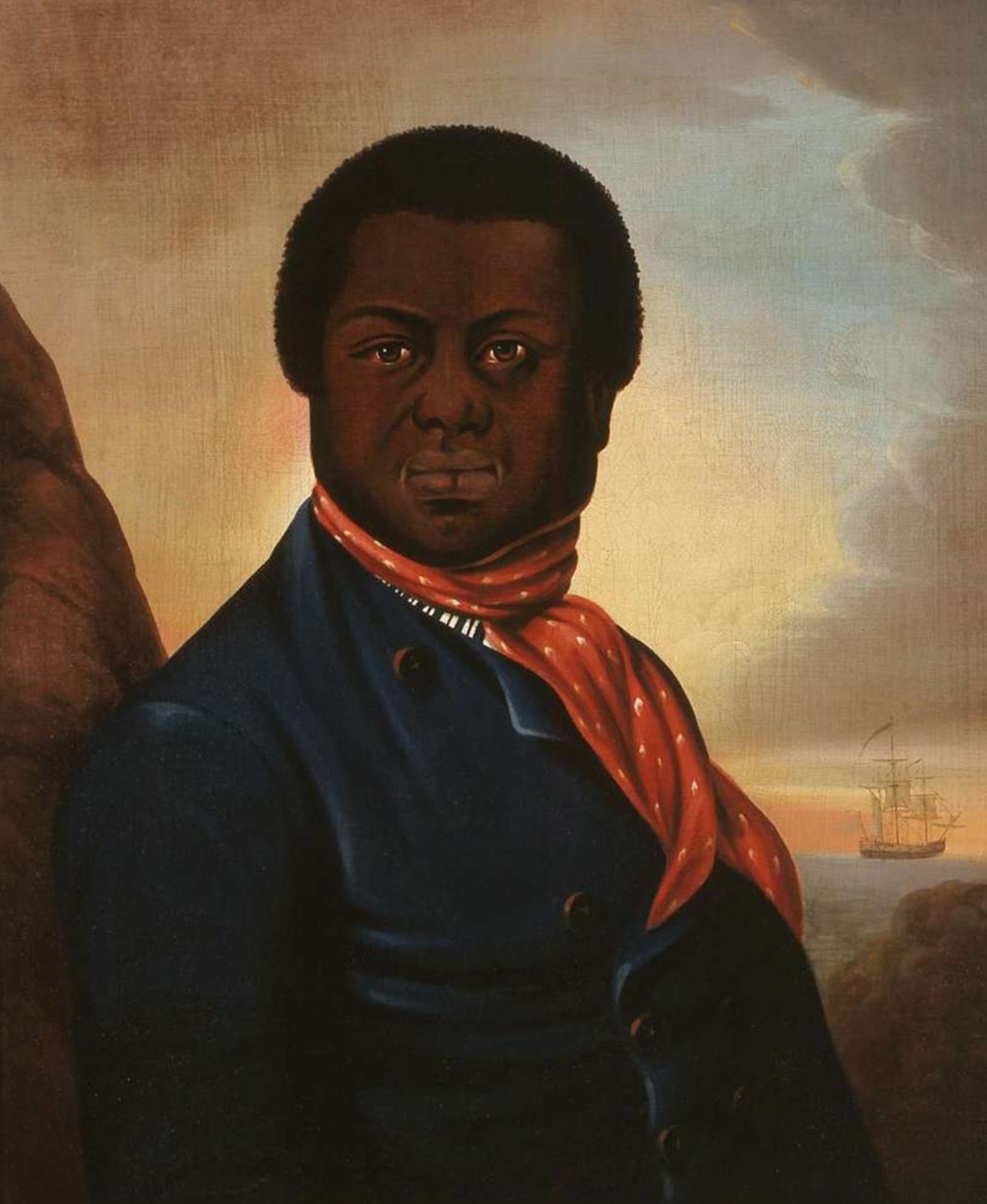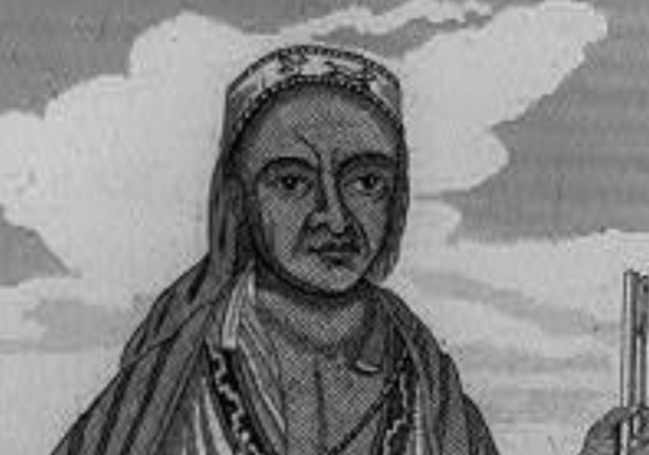Paul Cuffe: The Remarkable Life of a Free Black Entrepreneur and Activist

Paul Cuffe, a pioneering figure in the 18th and early 19th centuries, stood as a beacon of hope and determination for African Americans in a time when slavery and prejudice dominated American society. Born to a free black father and a Native American mother, Cuffe’s life was marked by remarkable achievements in the realms of entrepreneurship, civil rights activism, and international travel. In this post, we will explore the extraordinary life of Paul Cuffe, shedding light on his significant contributions to American history.
Early Life and Entrepreneurship
Paul Cuffe was born on January 17, 1759, on Cuttyunk Island, Massachusetts. Growing up in a community of free blacks, Cuffe was exposed to the values of education, self-sufficiency, and equal rights. He learned the art of seamanship from his father, Kofi Slocum, and was well-versed in navigation and trade.
At the age of 16, Cuffe began his career as a sailor and whaler. He excelled in the maritime industry, eventually owning his own vessels. His entrepreneurial success as a shipbuilder and whaling fleet owner was a testament to his tenacity and business acumen.
Advocacy for African American Rights
Paul Cuffe was not content with personal success alone. He became a fervent advocate for the rights of African Americans, pushing for equality and civil rights. In 1780, Massachusetts became the first state to abolish slavery through its constitution. Cuffe was a staunch supporter of this move, emphasizing the importance of education and economic self-sufficiency as tools for black empowerment.
In 1787, he petitioned the Massachusetts General Court for the right to vote, asserting that free blacks should have the same privileges as whites. While this effort was unsuccessful, Cuffe’s activism marked an early milestone in the fight for racial equality.
The Return to Africa Movement
One of Paul Cuffe’s most significant endeavors was his involvement in the “Back to Africa” movement. In the early 19th century, he shared the idea of repatriating free black people to Africa. Cuffe believed that returning to their ancestral homeland could provide economic and political opportunities that were often denied to African Americans in the United States.
In 1815, Cuffe set sail with a group of free black settlers to establish a colony in Sierra Leone. This voyage was a remarkable display of his commitment to the repatriation cause and a tangible step toward its realization.
Legacy and Enduring Impact
Paul Cuffe’s dedication to entrepreneurship, civil rights, and the repatriation of free black people has left a profound legacy. He challenged the oppressive racial norms of his time, advocating for the rights of African Americans and taking practical steps to change their destiny.
Cuffe’s life serves as a testament to the resilience and courage of free blacks during an era of great adversity. His work laid the foundation for future civil rights leaders and the development of the African American community in the United States.
Conclusion
Paul Cuffe’s life was a remarkable journey filled with achievements that transcended the racial boundaries of his time. He was an entrepreneur, activist, and visionary whose legacy endures, inspiring generations of African Americans to strive for equal rights and opportunities. Paul Cuffe’s story is a vital part of American history, reminding us of the power of determination and the fight for justice in the face of adversity.






